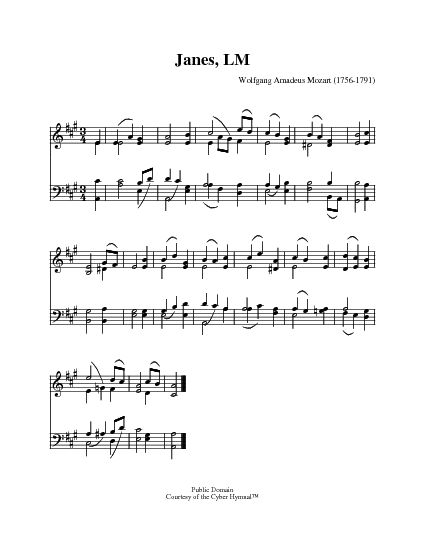Go Ad-Free
If you regularly use Hymnary.org, you might benefit from eliminating ads. Consider buying a Hymnary Pro subscription.
If you regularly use Hymnary.org, you might benefit from eliminating ads. Consider buying a Hymnary Pro subscription.

1 God is a name my soul adores,
the almighty Three, the eternal One;
nature and grace with all their powers
confess the infinite unknown.
2 Thy voice produced the sea and spheres,
bade the waves roar, the planets shine;
but nothing like thyself appears
through all these spacious works of thine.
3 Still restless nature dies and grows;
from change to change the creatures run:
thy being no succession knows,
and all thy vast designs are one.
4 A glance of thine runs through the globe.
rules the bright worlds and moves their frame;
of light thou form'st thy dazzling robe.
thy ministers are living flame.
5 How shall polluted mortals dare
to sing thy glory or thy grace?
Beneath thy feet we lie afar,
and see but shadows of thy face.
6 Who can behold the blazing light?
Who can approach consuming flame?
None but thy wisdom knows thy might,
none but thy word can speak thy name.
Source: Common Praise: A new edition of Hymns Ancient and Modern #255
 Isaac Watts was the son of a schoolmaster, and was born in Southampton, July 17, 1674. He is said to have shown remarkable precocity in childhood, beginning the study of Latin, in his fourth year, and writing respectable verses at the age of seven. At the age of sixteen, he went to London to study in the Academy of the Rev. Thomas Rowe, an Independent minister. In 1698, he became assistant minister of the Independent Church, Berry St., London. In 1702, he became pastor. In 1712, he accepted an invitation to visit Sir Thomas Abney, at his residence of Abney Park, and at Sir Thomas' pressing request, made it his home for the remainder of his life. It was a residence most favourable for his health, and for the prosecution of his literary… Go to person page >
Isaac Watts was the son of a schoolmaster, and was born in Southampton, July 17, 1674. He is said to have shown remarkable precocity in childhood, beginning the study of Latin, in his fourth year, and writing respectable verses at the age of seven. At the age of sixteen, he went to London to study in the Academy of the Rev. Thomas Rowe, an Independent minister. In 1698, he became assistant minister of the Independent Church, Berry St., London. In 1702, he became pastor. In 1712, he accepted an invitation to visit Sir Thomas Abney, at his residence of Abney Park, and at Sir Thomas' pressing request, made it his home for the remainder of his life. It was a residence most favourable for his health, and for the prosecution of his literary… Go to person page >| First Line: | God is a name my soul adores |
| Title: | The Incomprehnsibility of God |
| Author: | Isaac Watts |
| Meter: | 8.8.8.8 |
| Source: | Horae Lyricae, 1706 |
| Language: | English |
| Copyright: | Public Domain |
God is a [the] Name my soul adores. I. Watts. [God the Creator.] Appeared in his Horae Lyricae, 1706, in 8 stanzas of 4 lines, and entitled, "The Creator and Creatures." It is also in Watts's Works of various dates. Two or three centos from this hymn are in common use, all commencing with stanza i., one of the earliest of which is that in Toplady's Psalms & Hymns, 1776, No. 170. Dr. Martineau's cento in his Hymns, &c, 1840, and Hymns of Praise & Prayer, 1873, is composed of stanzas i., iii., iv., vii., viii. In some of the American collections the opening line begins, "God is the Name," &c, as in the Plymouth Collection, 1855, and others.
--John Julian, Dictionary of Hymnology (1907)


 My Starred Hymns
My Starred Hymns